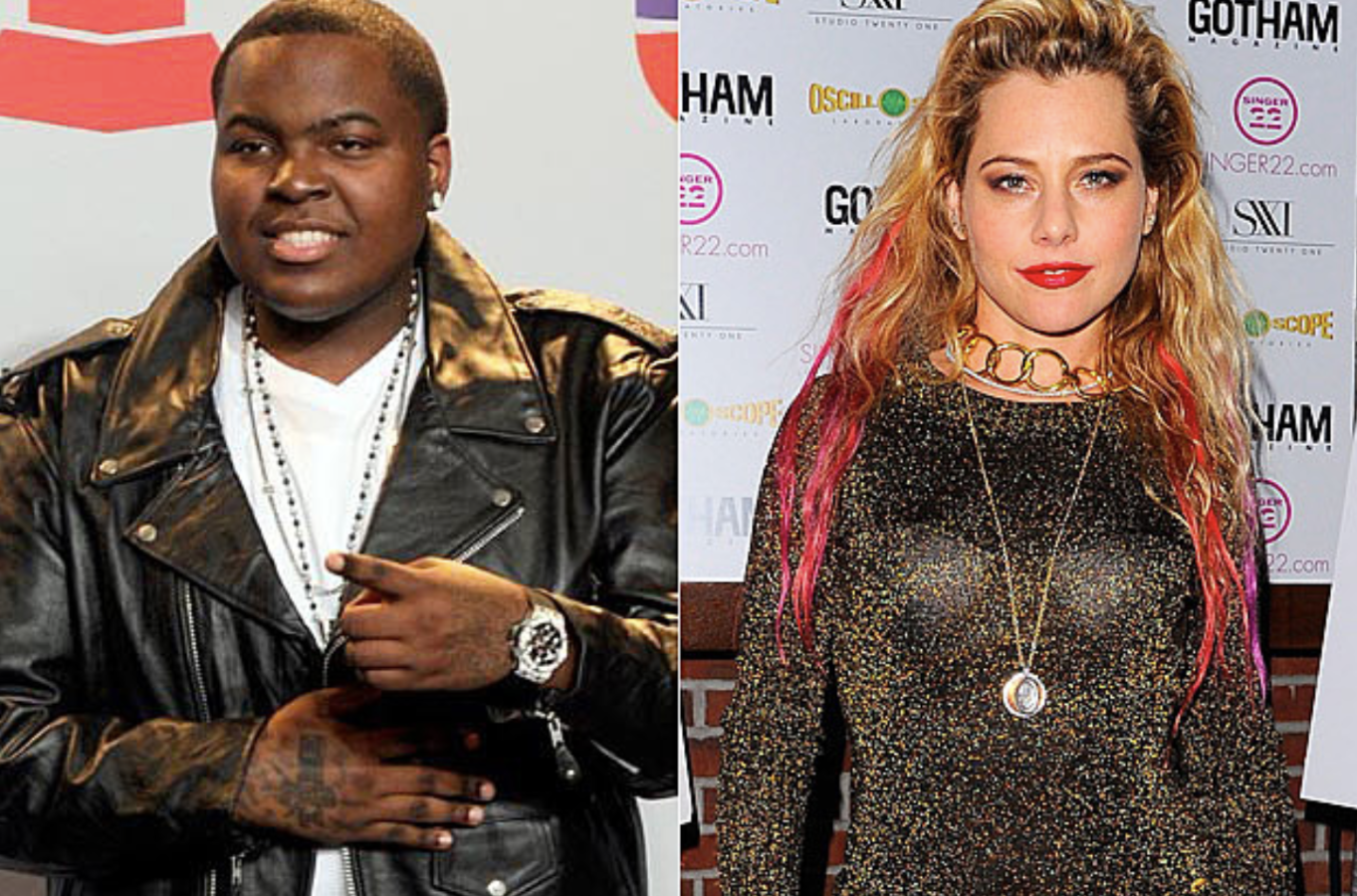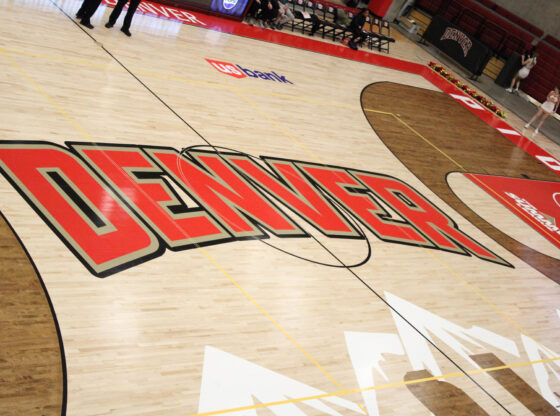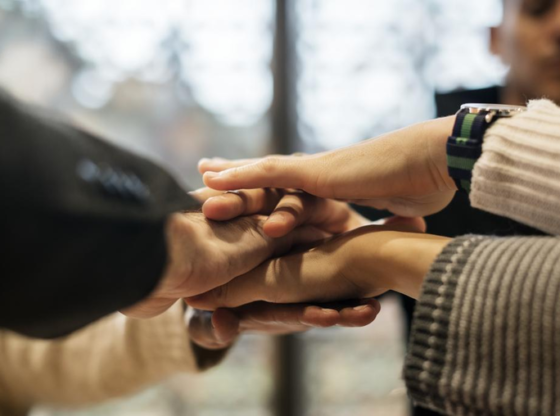Content Warning: this article mentions sexual assault and may be disturbing to some readers.
On May 10, the DU Programming Board (DUPB) canceled the May 19 Music Fest one week after announcing that the featured artist would be singer-songwriter Sean Kingston. DUPB’s Instagram post announcing Kingston as the headliner, which was subsequently taken down, was quickly met with negative comments in reaction to Sean Kingston past accusations of sexual assault.
A few days after @wecandubetter made a post encouraging students not to attend the concert, DUPB sent out a mass email and an apologetic Instagram post, announcing that the event would be canceled due to these allegations and lack of research.
“Recently, the University of Denver Programming Board was made aware of accusations regarding the MusicFest artist. We want to make it clear that we stand with and believe survivors of sexual assault. We condemn anyone who does not support survivors and their experiences. We sincerely apologize for any negative impact and understand that this may have caused pain and trauma … considering these values, we have decided to cancel this year’s MusicFest. Due to the timing, we will not book a new artist,” read DUPB’s announcement.
On the post announcing Kingston, students referenced the legal cases the pop star faced a decade ago, one asking, “isn’t he a rapist?” and another following, “Wow DU does love supporting people who commit sexual assault.”
These comments referred to charges of sexual assault by Kingston in 2010, which led to a million-dollar settlement by Kingston in 2013 in a separate lawsuit.
Here’s what we know about the Kingston case:
Carissa Capeloto claimed to have been forced into sex by Kingston, his bodyguard and a band member after a Justin Bieber concert in 2010. The assault, which was identified as a “gang rape,” was said to have occurred in a Seattle hotel room. Capeloto had been intoxicated and high, according to TMZ. According to Capeloto, she was rescued by a friend and taken to the hospital, where she received medical treatment after the incident.
Criminal charges were dropped in 2010, due to questions of credibility, according to TMZ. Capeloto and her lawyers revisited the case in 2013, launching a civil suit for $5 million to compensate for “severe emotional trauma.” Kingston settled the lawsuit with Capeloto for an undisclosed amount. To this day, Kingston never admitted to the gang rape and claims that the sex with the 19-year-old did happen, but was consensual.

Since the allegation and subsequent settlement, Kingston has had performances canceled on several college campuses, including The University of Western Ontario and Fordham.
Avery Simmons, a second year student and co-president of @wecandubetter and one of the original commenters on DUPB’s post announcing Kingston’s performance, expressed concern about Kingstons appearance. “I felt disappointed that DU had hired him because it only took a brief google search to find articles about the allegations,” said Simmons.
Simmons was pleased with the “quick and proper response” by DUPB after the issue was brought to their attention. “If a student organization like DUPB can hold themselves accountable and make changes to support survivors, then the DU administration can take accountability for our campus culture and make changes that improve students’ safety and experiences here,” Simmons added.
While this article does not intend to lean either way, it is important to note the history of white women wrongly accusing black men of assault, especially those who are rich and famous, because they are almost guaranteed to get some money out of it. A recent study on race and wrongful convictions in the U.S states that “innocent Black Americans are seven times more likely than white Americans to be falsely convicted of serious crimes.”
Still, for DU students the news came with a lot of mixed feelings. Members of the student body, like Simmons, felt pride in a response that stood against sexual assault and rape culture, but there was also disappointment for many in the fact that MusicFest has been canceled for three years in a row.
Foremost among the disappointed was Sir Rat, the winner of DUPB’s Battle of the Bands, who had earned the opening spot at MusicFest by winning the lead-up event. After learning about Kingston’s rape allegations, Sir Rat’s lead singer Harrison Tarr called DUPB to express concern about performing with Kingston. They informed him that the entire event was canceled, which greatly inconvenienced Tarr and the rest of the band, who even had family planning to fly out for the show.
“This was supposed to be our big thing,” said Tarr.
Tarr also stated that hundreds of dollars of their merchandise for this event would now be wasted. Sir Rat’s new album was supposed to drop as soon as they hit the stage.
In a statement provided, Sir Rat expressed their views on the cancellation:
“All of us over at Sir Rat are pretty bummed out by the circumstances surrounding the cancellation of MusicFest. However, we are happy that DU has been responsive toward the problem and doing the right thing by no longer allowing Sean Kingston to perform here on campus. At this point, we think the best way for DU to approach the cancellation is to put on a show for DU bands only, to help support so many of the awesome acts we have here on campus.”
Past their initial statement, DUPB and Main Stage, the committee responsible for planning MusicFest, did not respond for further comment. It remains unclear if Kingston will still be paid for the event given a pre-existing contract, if there will be another event in place of Music Fest or what steps DUPB will take to prevent mishaps of this kind in the future. There is speculation that Kingston is walking away with $50,000-60,000 from DU.
“I feel confident that they will do what they can to avoid this kind of thing in the future,” stated Simmons.
The Center for Advocacy, Prevention, & Empowerment (CAPE) promotes healing by providing advocacy and support for survivors of sexual assault, relationship violence, stalking and sexual harassment. For those who have survived and are surviving gender-based violence, you are not alone! All CAPE services are confidential and free of charge.











